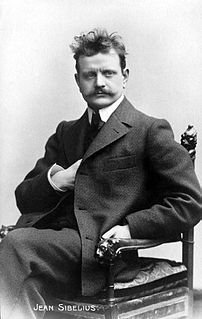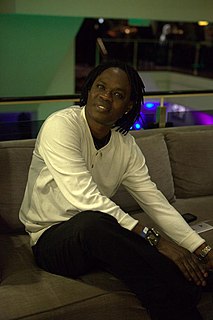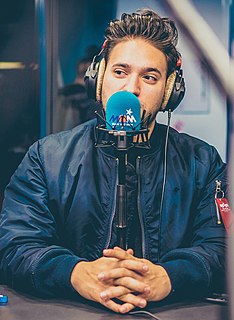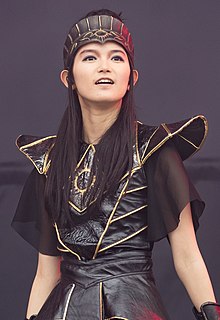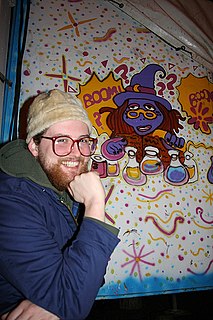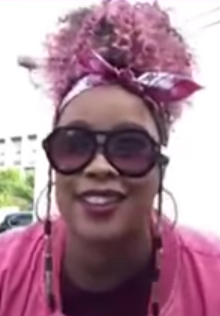A Quote by Paul Auster
A book, at the same time, also has to do with what I call a buzz in the head. It's a certain kind of music that I start hearing. It's the music of the language, but it's also the music of the story. I have to live with that music for a while before I can put any words on the page. I think that's because I have to get my body as much as my mind accustomed to the music of writing that particular book. It really is a mysterious feeling.
Related Quotes
I did not like that name "world music" in the beginning. I think that African music must get more respect than to be put in a ghetto like that. We have something to give to others. When you look to how African music is built, when you understand this kind of music, you can understand that a lot of all this modern music that you are hearing in the world has similarities to African music. It's like the origin of a lot of kinds of music.
I'm chasing a kind of language that can be unburdened by people's expectations. I think music is the primary model-how close can you get this language to be like music and communicate feeling at the base level in the same way a composition with no words communicates meaning? It might be impossible. Language is always burdened by thought. I'm just trying to get it so it can be like feeling.
I think I'm really part of a whole generational movement in a way. I think a lot of other people since and during this time have gotten interested in writing what we can still call experimental music. It's not commercial music. And it's really a concert music, but a concert music for our time. And wanting to find the audience, because we've discovered the audience is really there. Those became really clear with Einstein on the Beach.
I often envy a filmmaker or a playwright or an author where people are like, "Yeah, I sat down every night and read your book and it was beautiful." Or, "Yeah, I went to the movies and all I did was watch the movie because that's all you could do at the movies." Where with music, it's like, "Ugh, I love your music. I listen to it while I'm jogging thinking about how I hate my body." But it is also the privilege of being a musician is you can have your music in this documented form and play it live and that's, I think, what draws me to it the most.
Early American music and early folk music, before the record became popular and before there were pop stars and before there were venues made to present music where people bought tickets, people played music in the community, and it was much more part of a fabric of everyday life. I call that music 'root music.'
Lately I feel films are more and more like music. Music deals with abstractions and, like film, it involves time. It has many different movements, it has much contrast. And through music you learn that, in order to get a particular beautiful feeling, you have to have started far back, arranging certain things in a certain way. You can't just cut to it.
The joy is actually in the music. It's the music that supports you and tells you what to do. It tells you how to fill the music. You don't have to be shy about feeling the music when you're singing. If you believe in music-the power of music-the music will support you and take you to another dimension.
Music expresses feeling, that is to say, gives shape and habitation to feeling, not in space but in time. To the extent that music has a history that is more than a history of its formal evolution, our feelings must have a history too. Perhaps certain qualities of feeling that found expression in music can be recorded by being notated on paper, have become so remote that we can no longer inhabit them as feelings, can get a grasp of them only after long training in the history and philosophy of music, the philosophical history of music, the history of music as a history of the feeling soul.



